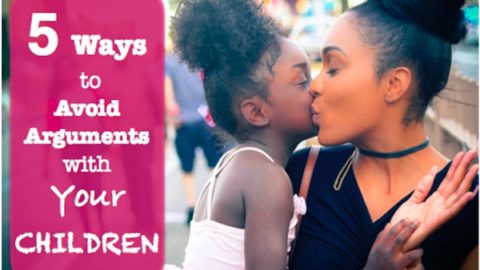The message is clear and full of hope:
Yes, it is possible to be a successful parent in 2021!
How many of you have struggled with these thoughts:
“What’s the matter with me?”
“It feels like my kid hates me!”
“If I were a good parent my kid would listen to me.”
“I feel like I hate my kid!”
“Sometimes I just want to run away!”
These ideas haunt many parents! While the problems seem so clear, the solutions seem to be hidden… Until now!
Now at the top of the list of the best parenting books available, The 9 Pillars of Successful Parenting covers the 9 main ideas in the Pillars for Success training. Each pillar leads to understanding the meaning of behavior and how to help your child make the right choices.
Presented in easy-to-understand language and only 78 pages, this book is a crash course on parenting and dealing with disruptive/challenging behavior. Let’s get a taste of what you’ll learn in Pillar 3…
Pillar 3: Disruptive/Challenging Behavior is a Way of Coping
Pillar 3 teaches us that there are only three main reasons that explain why a child demonstrates challenging and defiant behavior. You will be given examples of what to say and what to do in order for your kids to reverse that behavior and co-operate more willingly and more often.
Here it is!
The three primary reasons for challenging and defiant behavior:
1. Attention
There is nothing that a human being won’t do in order to be noticed and to be acknowledged by others.
2. Basic survival needs
There is nothing a human being will not do to get his survival needs met (i.e. food to eat, a sense of safety, warmth).
3. Control and Power
Every human being needs a sense of control and power over his life. In fact, a human being will do whatever is necessary in order to achieve the feeling of “control and power.”
With that in mind, let’s examine each of these three points in more detail.
Failures = Opportunities
The first step we must all take is to leave “the failures” behind. Instead, begin to consider these frustrations as opportunities for positive, new beginnings in our interactions with our children.
The Pillars for Success will help you build a gateway connecting you and your children. The result is more satisfying relationships and increased cooperation. No longer will your children’s behavior seem confusing or become overwhelming or out of your control. No longer will their response be, “I’m not doing it, and you can’t make me!”
Look for the Signs
So the next time your child is becoming “antsy” or disruptive (screaming, yelling, refusing, ignoring you) consider the following:
First, begin by noticing what events/interactions were occurring before your child’s behavior began that showed even small signs of imbalance/getting worse.
Second, rule out or help the child satisfy possible needs related to hunger or physical discomfort/sense of safety.
Determine the Root Cause of Behavior
Once you have satisfied or eliminated the possibility of the “basic survival” need, consider whether the behavior might be due to the need for attention or the need for power and control.
Start to notice when your child is occupying him/herself independently. How long does it lasts? What is the child is doing?
Notice who else might be nearby at the time—for example, a sibling or another family member—and what is occurring between them.
Finally, once you are aware of these patterns, pay more attention to the very early signs of oppositional behavior. Use this insight to help your child achieve a sense of balance BEFORE the attention-seeking behavior or power struggle occurs.
There are many ways to achieve this:
- Telling the child how well he is doing
- Asking him what he needs
- Offering them to do something together with you
- Offering a little snack just to “take a break” and celebrate such cooperative behavior
- Helping him to refocus on a new and interesting activity
Encourage Your Child
Continue to reinforce/comment on positive, cooperative behavior when it occurs. Be sure to thank the child for being so helpful, cooperative, and peaceful.
To help your child feel empowered, ask your child how he is feeling and what he might like to do.
Always remember to praise your child for his peaceful behavior and when asking something of him, offer him “choices.” Choices allow you to retain ultimate control because you are the person who is creating the choices, but helps your child feel in control because he is allowed to choose what he will do next (based on the choices you have suggested).
You will be amazed to see how giving your child attention and a sense of power and control over what is happening can lead to helping him achieve a feeling of balance. This approach results in greater cooperation and more peaceful independence. Additionally, it increases how often the child lets you know what he needs BEFORE his behavior goes downhill.
Learn More about what the 9 Pillars for Success program teaches you!
Read our other blogs to learn more about the Pillars for Success program, and consider buying our book The 9 Pillars of Successful Parenting on Amazon.













